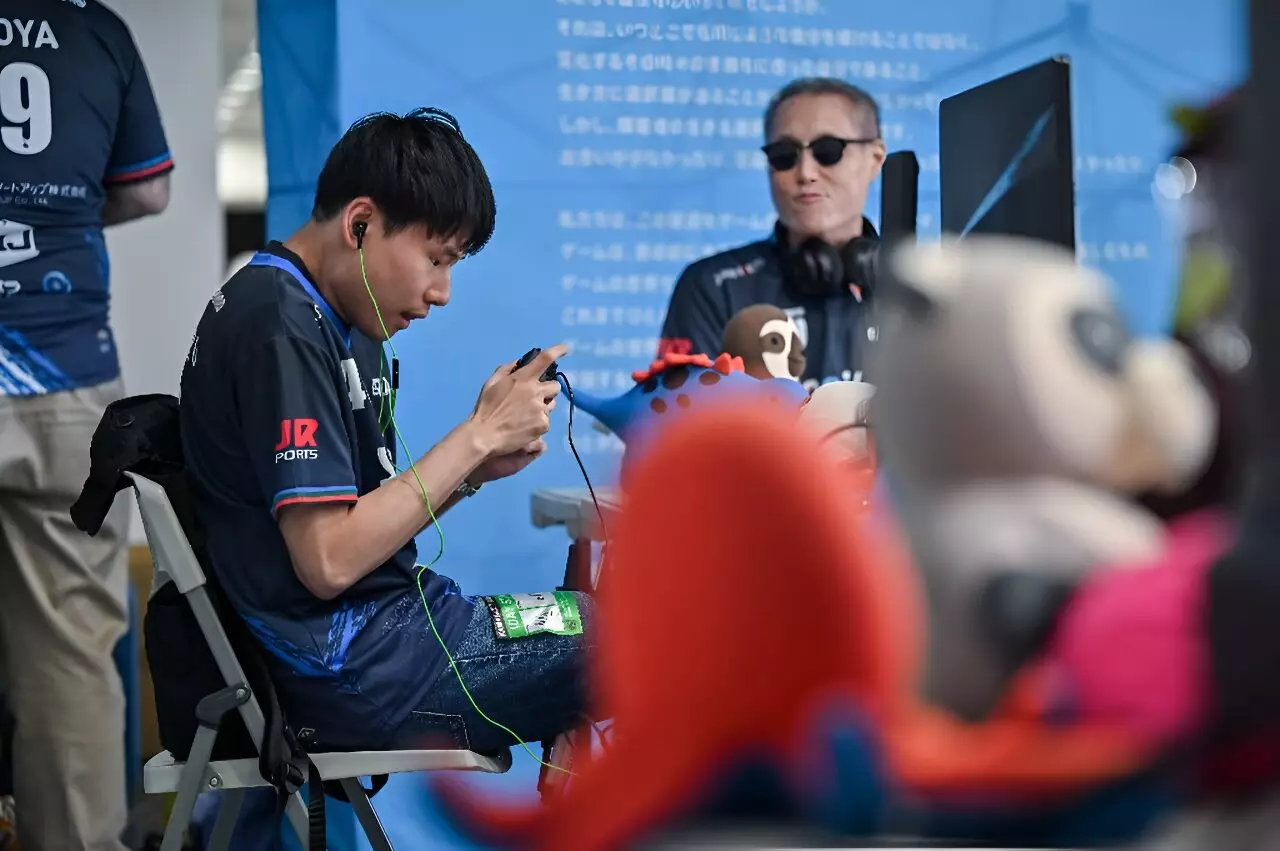The use of artificial intelligence (AI) in assisting people with disabilities has been hailed as a promising tool for improving accessibility in various aspects of life. Japanese eSports gamer Mashiro, who is blind, recently put the latest version of AI chatbot ChatGPT to the test in order to travel independently in Tokyo. This experiment highlights the potential of AI technology in providing personalized support for individuals with special needs.
According to Youngjun Cho, an associate professor in computer science at University College London (UCL), AI has the potential to cater to specific needs better than traditional assistive products and technologies. Cho envisions AI as a tool that can empower many individuals with disabilities and promote independence. By using AI speech-to-text transcription tools, people with hearing loss can easily convert spoken language into text, making communication more accessible.
While AI technology holds great promise in improving accessibility, there are also challenges and limitations associated with its use. Masahide Ishiki, a Japanese expert in disability and digital accessibility, pointed out that AI chatbots like ChatGPT may have limitations in accurately recognizing and responding to certain Japanese words and locations. This can pose challenges for individuals like Mashiro who rely on AI assistance to navigate unfamiliar environments.
The Need for Improved Accuracy and Diversity in AI Training
In order to address the limitations of current AI technologies, experts emphasize the need for improved accuracy in real-time visual recognition. Ishiki highlighted the importance of enhancing AI capabilities to match those of the human eye, especially for individuals with visual impairments. Additionally, Marc Goblot of the Tech for Disability group raised concerns about the lack of diversity in AI training datasets, which may not adequately represent the full spectrum of people’s perceptions and needs.
The Importance of User Experience and Feedback
Mashiro’s experience with using ChatGPT during his journey in Tokyo sheds light on the importance of user feedback and experience in refining AI technologies for individuals with disabilities. While the experiment was challenging and involved several U-turns, Mashiro found the experience to be fun and insightful. He suggested that connecting AI chatbots like ChatGPT to map tools could enhance the overall user experience and make navigation easier for individuals with visual impairments.
The use of artificial intelligence in assisting people with disabilities has the potential to revolutionize accessibility and independence for individuals with special needs. While there are challenges and limitations associated with current AI technologies, continued research and development in this field can lead to more personalized and effective solutions for individuals like Mashiro. By addressing issues related to accuracy, diversity, and user experience, AI technologies can truly empower individuals with disabilities and promote inclusivity in all aspects of life.


Leave a Reply